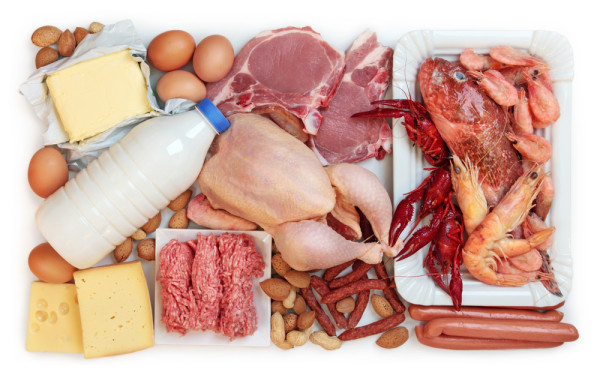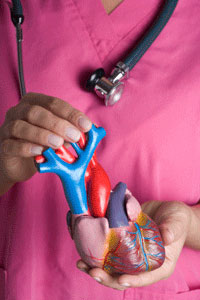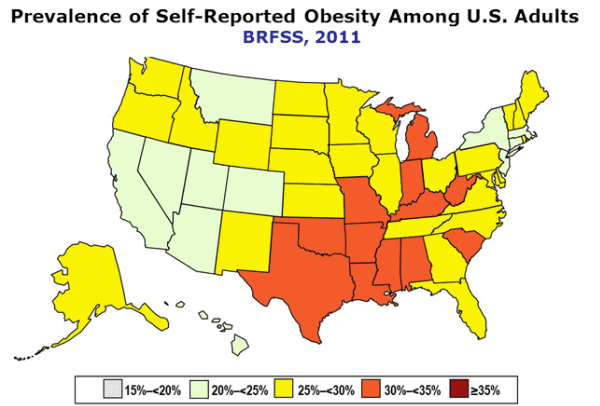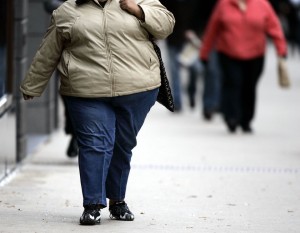The Centers for Disease Control and Prevention has released new information regarding our nation’s health. According to new estimates, almost 54 percent of Americans diagnosed with hypertension don’t have the condition under control despite the majority receiving healthcare. 
As reported by Health.org, to gather this information the CDC analyzed the nation’s blood pressure health using data from a National Health Examination Survey taken between 2003 and 2024.
As a result, the CDC estimates that the prevalence of hypertension among adults at that time was more than 30 percent, or nearly 67 million Americans. Additionally, of the 53 percent who didn’t have their blood pressure in control, 39 percent were unaware they had hypertension, 16 percent knew but took no medicine to treat the condition, and 45 percent were taking medications that were not bettering the condition.
Why is this news concerning? CDC director Dr. Thomas Frieden has deemed hypertension “public-health enemy number two,” only behind tobacco use.
To have hypertension means to have elevated or high blood pressure. A disease often known as the “silent killer” due to it being asymptomatic, hypertension typically leads to fatal stroke or heart attack. High blood pressure is defined as having a consistently elevated arterial blood pressure. Furthermore, obesity has been strongly associated with hypertension and heart disease.
Financially speaking, the CDC estimates that high blood pressure costs our nation close to $130 million a year in healthcare bills. And certainly more concerning, Frieden points out, is the fact that hypertension claims approximately 1,000 lives a day. (more…)











